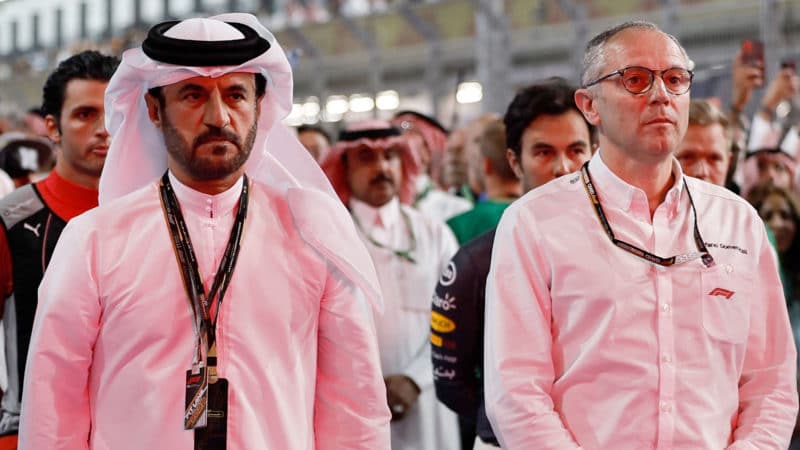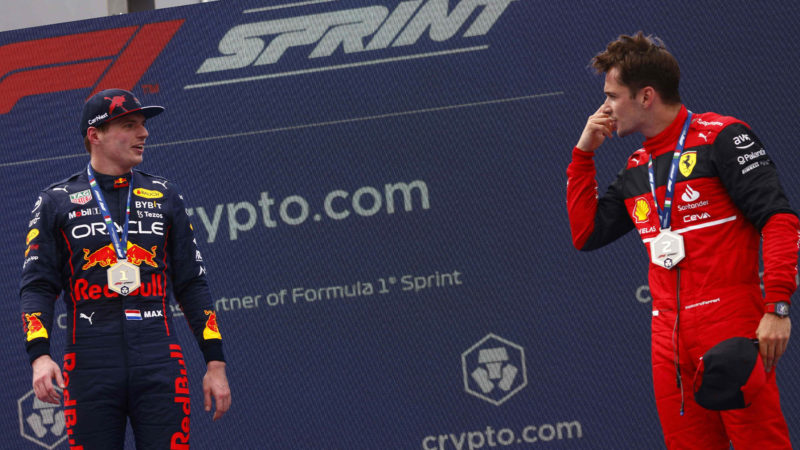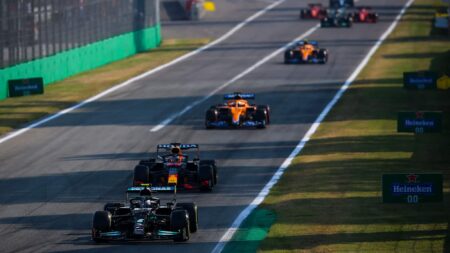Some of the bigger outfits were accused of trying to take advantage of the situation by demanding a major increase in the budget cap in response to the extra races, citing the potential damage and increased logistics. But in reality, for teams it leads to an earlier parc fermé during a weekend that starts and ends at the same time as any other, and similar mileage.
So the main strain is on those already at the track in the way their workload pans out, which isn’t simply addressed through a major raise of the annual budgets.
Off the back of the first sprint of 2022 – one that delivered a decent Saturday race in my opinion but one that ultimately set the grand prix up to be less exciting by allowing those out of position after qualifying to recover (yes, I know the weather conditions meant the mixed-up grid was unlikely on Saturday) – the topic was revisited in the F1 Commission meeting on Tuesday and this time met with unanimous approval from the teams.
But unanimous approval from the participants isn’t enough to push through all regulation changes under F1’s structure. The FIA is one stakeholder with a major say in such decisions. And Ben Sulayem was not willing to play ball.
Numerous teams and sources within F1 itself had a pretty clear view of the reason. They stated it was due to the FIA president demanding an increase in the amount of money that it receives from F1 in order to run the race weekends. The FIA currently gets in the region of £32million per year, with the exact amount fluctuating based on the current number of races on the calendar.
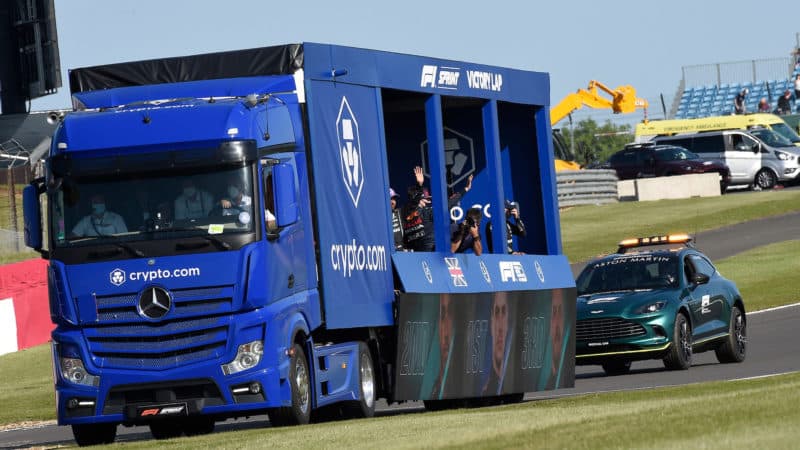
Sprint races = a truckload of extra cash
Grand Prix Photo
I mentioned the sprint has been a commercial success, and one senior team member described the stance from Ben Sulayem as a “cash grab”, expressing surprise that the expansion of the format had been blocked.
But while teams and the commercial rights holder were willing to come out and state why they felt Ben Sulayem had been difficult, the FIA was also fighting back.
In response, an FIA spokesperson explained the many reasons why it felt more resources could be required, describing the sprint weekend as similar to having two grands prix on back-to-back days, with additional scrutineering and parc fermé requests to deal with that call for close scrutiny.
The FIA points out that nobody notices the job it is doing when it is doing it well, but the second something goes wrong it has a major impact on the sport.
It’s a stance that was strengthened by this weekend’s race, when Zhou Guanyu crashed in the sprint and Alfa Romeo had to break curfew to repair the damage. With the team working on the car more than two hours after the end of the sprint under parc fermé regulations, FIA technical delegate Jo Bauer noted in his report: “Furthermore there is no scrutineer present since 19:15hrs to supervise the work.”
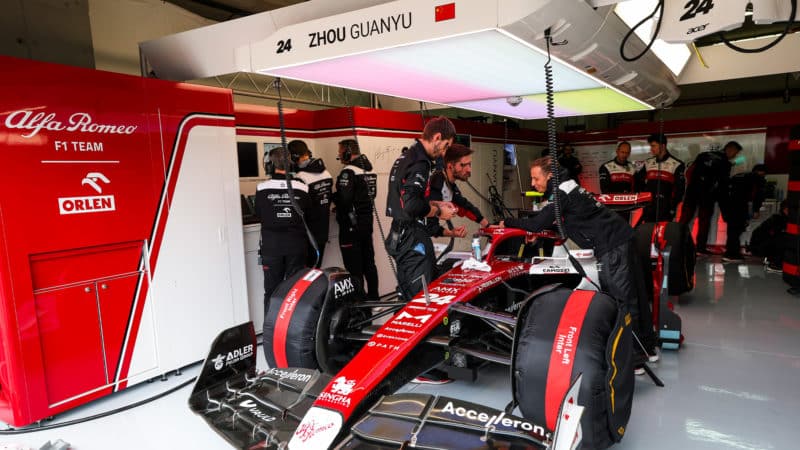
There was no FIA supervision as the Alfa crew worked into the night on Zhou’s damaged car
Florent Gooden / DPPI
The report hints at the inability for the FIA to be everywhere at all times during a race weekend, with the sprint increasing the potential for such situations.
But given the fact that teams see a sprint as a manageable schedule, and with the FIA already receiving such a large sum of money from F1 each year, there are plenty of sceptics that doubt using the format at three more events correlates to what Ben Sulayem is asking for.
It could well prove to be a significant moment in the relationship between F1 and the FIA, as the relatively new president sets out his stall and chases both a bigger piece of the pie at the same time as showing his willingness to upset the other main stakeholders.
Whether there are legitimate demands or not, the lack of a recent similar example suggests F1 and the FIA have found ways to agree on compromises when their views don’t align. But this time it’s not the case, and it leaked out very quickly. This might be the first stand-off of many between the two.
